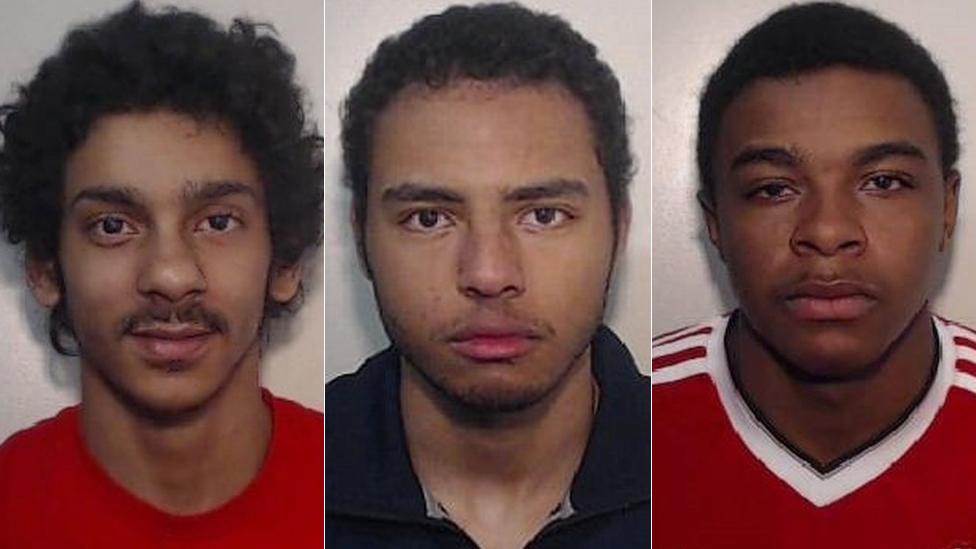The miscarriages of justice watchdog has found ‘gang narratives’ used in a joint enterprise murder conviction may have led to wrongful convictions. The Criminal Cases Review Commission (CCRC) is the only body which can refer convictions back to the court of appeal after a first appeal has failed, where there are concerns that the conviction may be unsafe.
Durrell Goodall, Reano Walters and Trey Wilson were convicted under joint enterprise for the 2017 murder of Abdul Hafdiah. Their applications to the CCRC criticised the prosecution’s evidence, particularly police testimony alleging gang membership, and the reliance upon gang imagery and stereotypes. They also criticised the judge’s directions around this and highlighted the absence of any meaningful challenge to this narrative by the defence.
In total, 13 men were charged with the murder, and were tried at two separate trials at Manchester and Preston Crown Courts. Goodall, Walters and Wilson have been waiting to hear the outcome of their application to the CCRC since May 2023.
The CCRC have concluded there is a real possibility the Court of Appeal will find the conviction unsafe due to fresh evidence which significantly undermines the prosecution’s case at trial and may have impacted upon the jury’s decision.
The campaign group JENGbA said that the case ‘was one of the first big JE trials after the 2016 Jogee Ruling and it came at a time when many believed joint enterprise had been corrected’. ‘This was a case that saw 11 black teenagers go to jail for the tragic death of one man, resuting in a total of 168 years’ imprisonment between them,’ it added.
According to Hodge Jones and Allen, jurors were told that the accused were members of the ‘AO gang’ and this was presented as fact despite being untrue. A lawyer at the firm argued that the prosecution was ‘allowed to go unchecked’, constructing a false narrative labelling the young black boys as gang members. He noted that the assumptions were tied only to their neighbourhood, the music they listen to and their race. The conviction has been called a gross miscarriage of justice in their application to the CCRC.
CCRC Chair, Dame Vera Baird KC, said that the referral underscores the need for stronger safeguards to prevent unfairness arising from ‘inappropriate labelling’, warning that stereotypes can be wrongly introduced as evidence. She said ‘it is possible that there are other cases which would benefit from guidance on this issue, where the fear may be that stereotypes can be wrongly introduced as evidence.’
This case reflects wider concerns about use of gang narratives to secure joint enterprise convictions. In such cases, the prosecution must prove that the defendant intentionally assisted or encouraged the principal offender. To persuade a jury of this, prosecutors increasingly rely on the gang label as a powerful strategy, framing the defendant’s mere presence as incriminating. The gang narrative is said to have ‘conviction-maximising’ capacity, implying criminal character, in the absence of clear proof.
The Legal charity APPEAL has also warned of overuse of joint enterprise, finding over reliance on storytelling and prejudicial narrative in order to fill evidential gaps. Leading to misinterpretation of the facts by jurors. These harmful narratives especially affect young black men, who are most often labelled as gang members, and disproportionately convicted as secondary parties.
Kim Johnson, MP and chair of the All-Parliamentary Group on Miscarriages of Justice, said that joint enterprise convictions have become ‘driven by racial bias’, calling the issue ‘systemic injustice’. She has campaigned for joint enterprise to be restricted to those who make ‘significant contribution’ to a crime.






